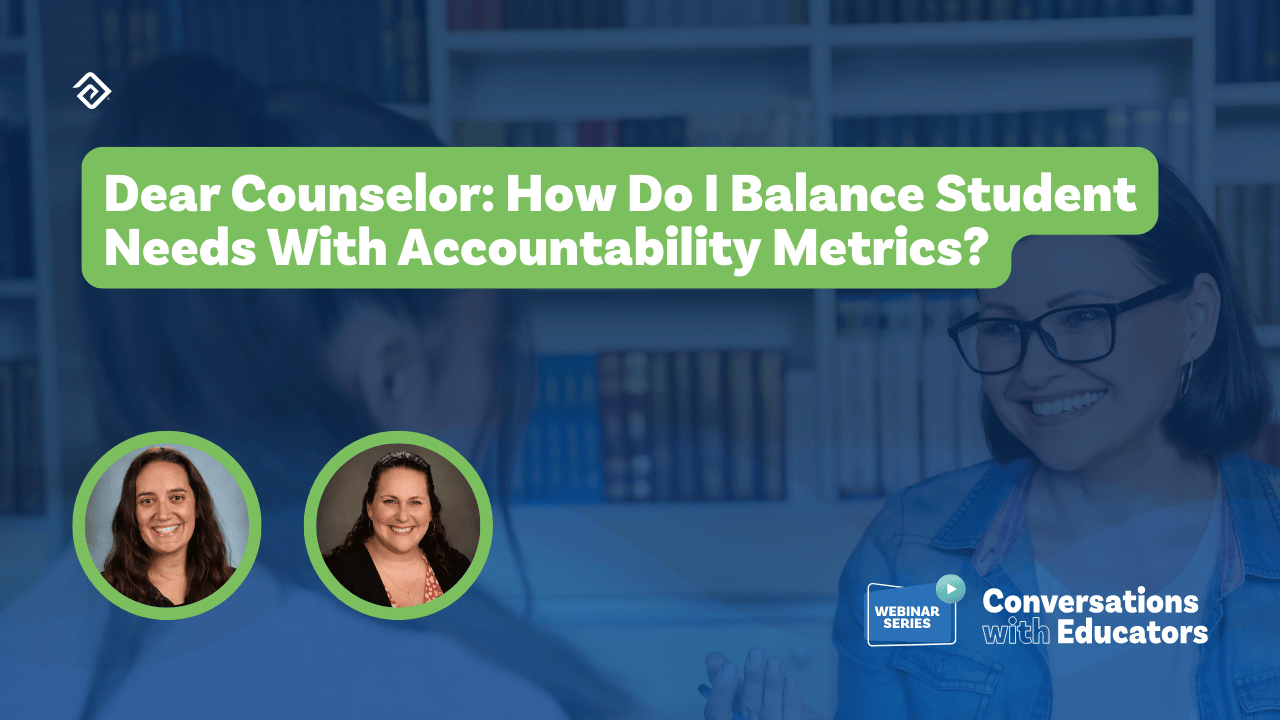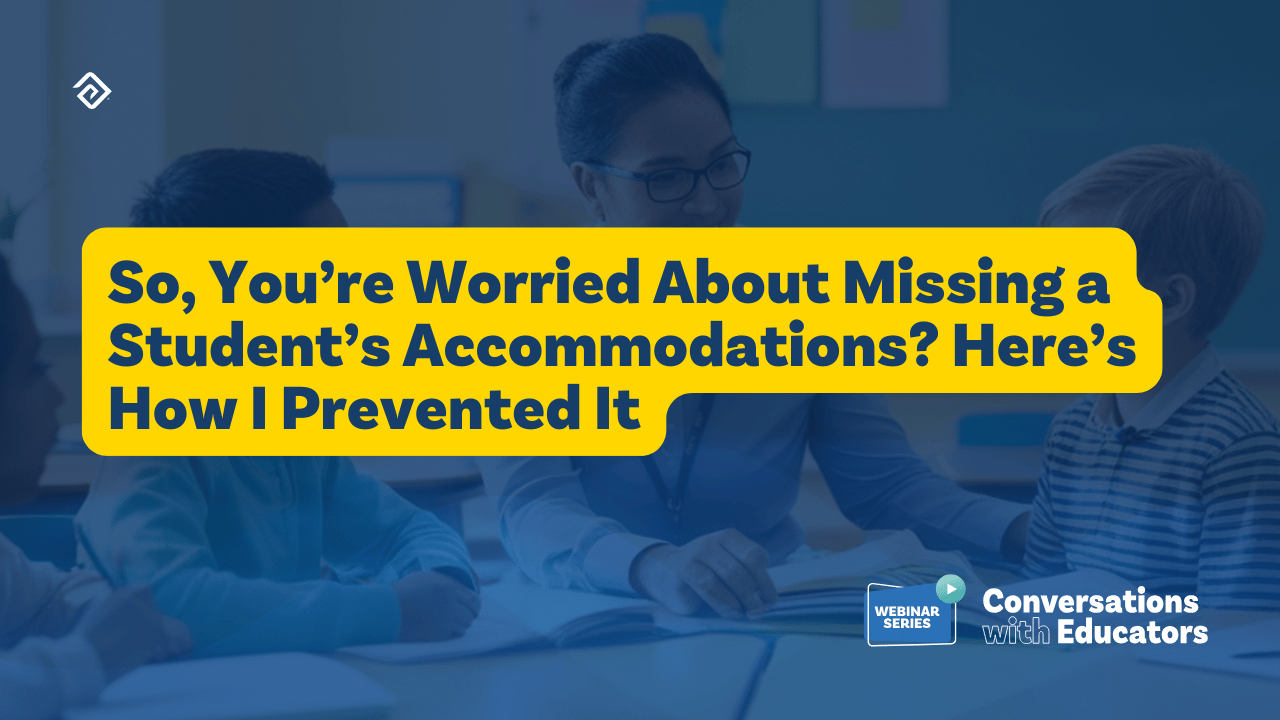Teacher Interview Questions: A Guide To Over Sixty Common Questions
Teaching is a fulfilling profession. You can impact how people learn, grow, and understand the world around them through engagement on a given topic (or a spectrum of issues) and by helping students grow into active members of society.
In the job hunt, one crucial phase is interviewing. Interviews are essential for teachers because the profession necessitates good presentation and communication skills that are difficult to assess without face-to-face contact. But even instructors who speak in front of groups sometimes find interviews uncomfortable.
A Guide to Common Interview Questions
This guide presents some typical teacher interview questions and offers advice on how to master a job interview for a teaching position.
- What inspired you to pursue a career as a teacher?
- What qualities do you possess that make you a good fit for this school?
- Give three adjectives to describe yourself.
- Would you please brief us regarding your professional background?
- What qualifications do you have for this faculty position?
- Do you want your students to like you?
- What methods do you use to keep students motivated?
- Tell me about a time when you persuaded another person to agree with you.
- What is your philosophy of teaching?
- What distinguishes you from other candidates for teaching positions?
- Describe a time at school when a problem occurred and how you handled it.
- How well did your institution train you for a career as a teacher?
- What qualities do children hope to see in their teachers?
- What was the most valuable lesson you have taken away from your teaching practice?
- What role does a teacher's personality have in his or her success?
- Describe your experience as a teacher.
- Would you be interested in participating in extracurricular activities at our school?
- What are the essential characteristics of a good principal?
- What are the optional subjects you can teach?
- Are you a member of any professional educational organizations?
- What, in your opinion, are the problems with public education?
- Why do you wish to work in this district as a teacher?
- Why would you like to become a teacher at this school?
- Are you an adaptable individual?
- What kind of a student were you?
- What is the difference between a decent and an exceptional teacher?
- How do you include parents and guardians in their children's education?
- Have the Common Core standards, as well as local and state standards, had an impact on your lesson plans?
- Do you prefer textbooks or videos as teaching tools? And why is that?
- Tell us about your professors and what they'd say about you if they were in the room with us right now.
- What would one of your classmates say about you?
- How do you make learning fun?
- How would you utilize direct instruction in your classroom? Give an example of a standard lecture.
- What role do you think technology should have in the school environment?
- What are you now enjoying reading?
- As a representative of the faculty members, what teaching practices do you follow?
- What should you do if the entire class "doesn't grasp it?"
- Discuss the most successful methods of instruction.
- Give us examples of how you have communicated with coworkers
- What skills do you have that will help you succeed as a teacher?
- Give us examples of how you have effectively communicated with management.
- What would you do if an enraged parent called?
- What would you say to a parent worried about his or her child's academic results?
- What is it about instructing that irritates you the most?
- What would you do if a parent expressed dissatisfaction with your class?
- How do you make provisions for non-native English speakers?
- What has it been like for you to co-teach with an inclusion specialist?
- How do you make room in your classroom for a gifted student?
- How would you develop relationships with your students?
- How would you feel about knowing your students personally?
- From your perspective, what would a good classroom look like?
- How do you prevent entirely inappropriate behavior?
- How would you handle a student who was repetitively disruptive to learning?
- What are the ground rules in your classroom?
- What makes you so unique that we must hire you as a teacher?
- What are the top five characteristics of this institution that you would recommend to others?
- Is it appropriate to teach gifted youngsters in the same classroom as regular students?
- List five of your flaws.
- How might you deal with supervisory comments?
- Why did you decide to leave your prior teaching (or other) job?
- In the context of a career as a teacher, where would you like to be in six years?
- Describe the most challenging day in class.
- What are you able to do to help our school and students?
- How important is collaboration within your team or department? What are some of the benefits and drawbacks of teacher collaboration?
- How do you use information from student performance, both formal and informal information, to inform your instructional choices?
- Do you utilize project-based-learning?
- What are some of the most important digital literacy skills students must know, and how would you teach those to your class?
- How would you respond to a report of bullying from one of your students?

Signs of Good, Student-Oriented Teachers
- They make it about the kids rather than themselves.
An interview for a teaching position is a crucial milestone in a teacher's career. For the principal and those on the opposite side of the table though, it's all about the students the teacher will be instructing. As a result, candidates are advised to relay experiences from their private or professional lives, preferably those that directly involve student instructional methods.
- They are enthusiastic about building relationships and creating a safe environment for students.
The best teachers understand that before students can learn and achieve at high levels, students must be in a physically and emotionally safe environment. It is important to clearly describe how you would develop an orderly classroom that will be safe and inclusive for your students. A student-centered teacher will be enthusiastic about developing a respectful classroom community for the students.
- They are interested in the school and school culture.
It is often easy to ignore that an interview is as much a chance for the prospective teacher to evaluate the administration as for the management to evaluate the teacher. A truly student-oriented teacher will be interested in whether the school has a culture that is student-centered.
- They are confident but coachable and ready to continue learning.
Teaching is a never-ending learning process. The finest instructors are those who like to educate others while continuing to learn themselves. A strong teacher is also coachable. A coachable teacher invites feedback and utilizes it to reflect upon and improve his or her teaching practices. Teacher candidates’ answers should reflect the balance between their high competency of teaching while also conveying the passion for self-improvement.
- They are digitally savvy and learn about digital advances.
Effective teachers strive to build understanding of advances in effective instructional strategies, including digital advances in learning management and instructional delivery. Advances in technology provide opportunities for educational innovations. The rapid pace of technological development today means that students may be more tech-savvy than their instructors. A candidate with strong digital skills may have deeper knowledge of technology innovations than some on the interview team. It's critical to explain the innovations in technology, not necessarily how they function, in consideration of how it can help students.
- They aren't your typical preachers.
It's simple to impress people with book knowledge, but that is not the most useful instructional quality. Avoid using buzzwords wherever possible, and when they must be used, attach them to real-life situations that may be discussed in the classroom. Philosophical notions may be useful in describing a foundation from which a candidate will make decisions. However, teacher candidates must also provide evidence that they were able to learn all of those ideas and pedagogical practices in college and have transformed them into real-world outcomes such as improved student performance and fewer behavioral actions.

Conclusion
Teachers have a significant impact on the future of many young people. The recruiter is more impressed by the candidate’s total capacity, honesty, personability, and appeal than by the content of any one reply. There will always be disparities in techniques, objectives, and practices from one classroom to the next. Considering the school's purpose and goals can aid in determining whether it is the right place for you to work.

More Great Content
We know you'll love




